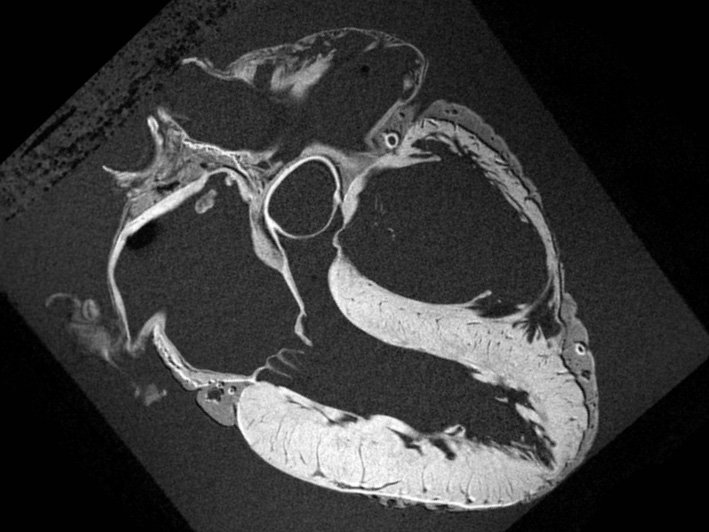MRI Cardiac

Why Choose Cardiac MRI?
✅ Detailed 3D Images: Offers high-resolution views of the heart muscles, chambers, valves, and arteries.
✅ No Radiation: Unlike CT scans or X-rays, MRI uses magnetic fields—making it safer for repeated use.
✅ Comprehensive Diagnosis: Detects heart disease, congenital defects, scarring, cardiomyopathy, and more.
✅ Assessment of Heart Function: Accurately measures ejection fraction, wall motion, and blood flow.
Common Conditions Evaluated with Cardiac MRI
Coronary Artery Disease
Myocarditis (inflammation of the heart muscle)
Cardiomyopathy
Heart Valve Disorders
Congenital Heart Disease
Pericardial Disease
Cardiac Tumors
Heart Function After a Heart Attack
What to Expect During the Procedure
The scan typically takes 30 to 60 minutes.
You’ll lie comfortably inside the MRI machine while it captures detailed images.
A contrast agent (gadolinium) may be used to enhance image clarity.
The procedure is painless and usually requires no recovery time.
Is Cardiac MRI Right for You?
Your doctor may recommend a Cardiac MRI if:
You experience chest pain, shortness of breath, or irregular heartbeat.
You have a known heart condition that needs closer evaluation.
Other tests like an echocardiogram or ECG have been inconclusive.
